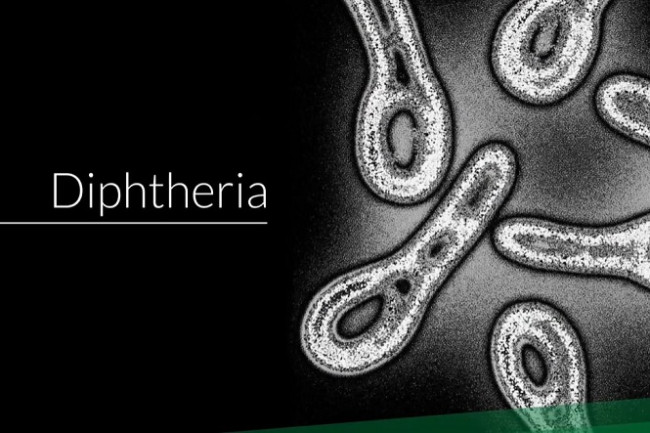The common symptoms of diphtheria include:
- a sore throat and difficulty swallowing
- a thick grey-white coating at the back of your throat
- a high temperature (fever) of 38°C or above
- breathing difficulties.
Other symptoms may include chills, tiredness, hoarse voice, cough and headache. At first, diphtheria may be often mistaken for a simple sore throat or throat infection, but the symptoms quickly get worse.
Diphtheria can sometimes affect your skin rather than your throat. This is known as cutaneous diphtheria. The symptoms of cutaneous diphtheria can range from ulcers to pus-filled blisters to a scaly rash.
Complications from diphtheria may include:
- blocking of your airway
- damage to your heart muscle (myocarditis)
- nerve damage (polyneuropathy)
- loss of your ability to move (paralysis)
- lung infection (respiratory failure or pneumonia).
For some people, diphtheria can lead to death.
 (external link)(external link)
(external link)(external link)





